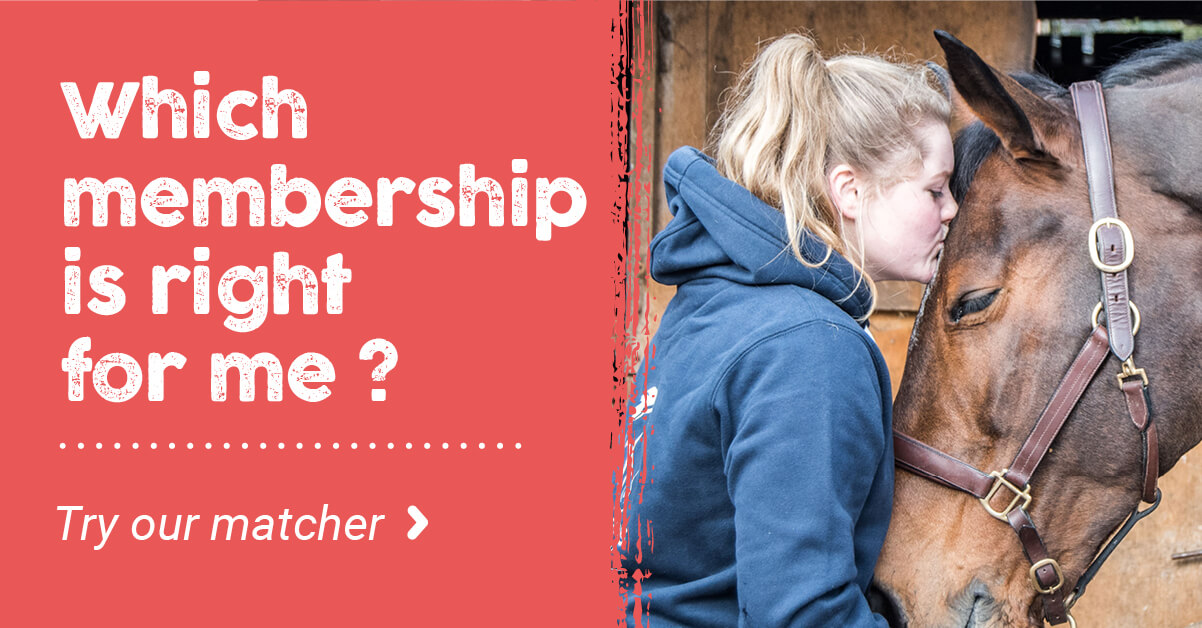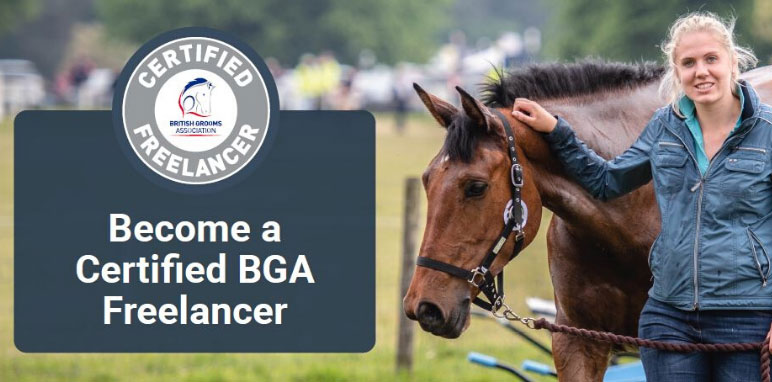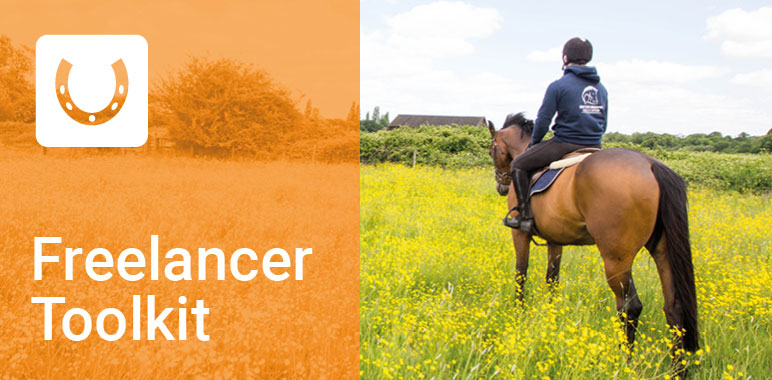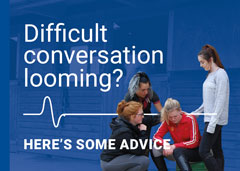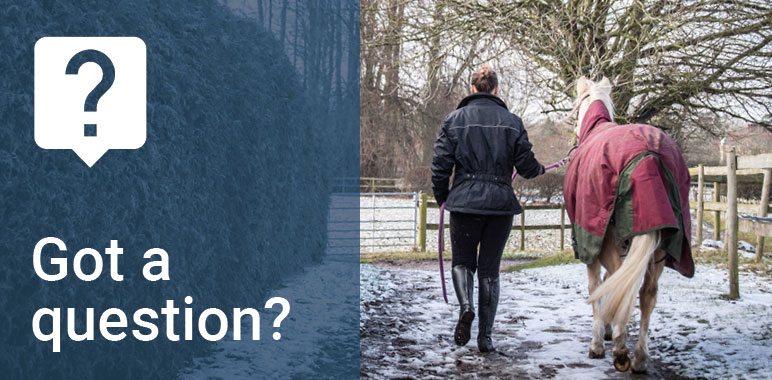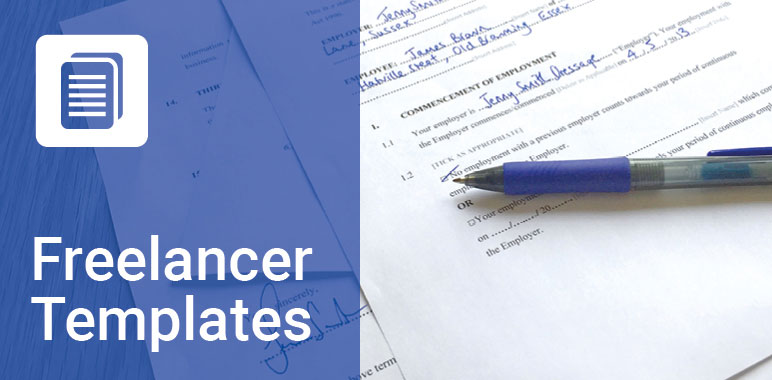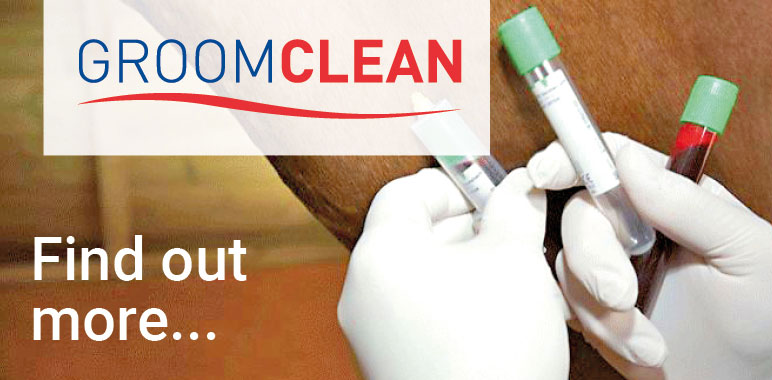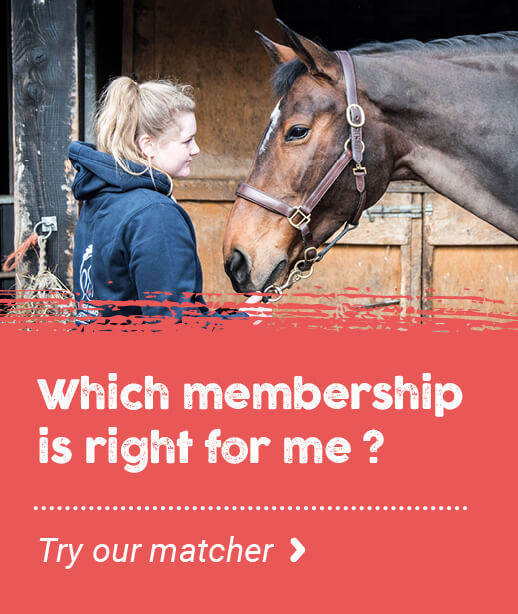- Join Now
- Login
- Member Zone
- Your Career
- Freelancing
- International Grooms Association
- BGA Training
- Healthy Yard Healthy Horses
- Transporting horses
- Brexit
- Safe workplace
- Student Zone
- Member Discounts
- BG Magazine
- Member services
- Training & Careers
- BGA CV Creator
- Horse groom training
- Where to Train
- BGA E Learning
- Career choices
- Change to Racing
- First Aid training for grooms
- Parents
- Grooms Jobs
- Grooms Life
- About
- News
- Contact


A popular question this time of year that we hear from grooms is "What are chilblains, how do you prevent and treat them?" These small, red, itchy swellings are very common among grooms, usually the problem areas are the thighs, although it is also common to see them on fingers, toes, ears, and nose. Chilblains happen as an abnormal response to the cold temperatures. The blood vessels shrink to keep inside the body warm, rather than the skin itself and when the body is warmed too quickly it can cause blood and fluid to leak, causing the red and swollen patches. Anyone who spends time outside could get chilblains, however your chances of getting chilblains are increased if you; Keep warm, use layers of clothing to trap in body heat. Tights, base layers, long johns, over trousers are all essential to keep your body and skin warm. When you come inside to a warm place do not be tempted to stand by a heater or fire, the same goes for hugging hot water bottles or jumping in a hot bath. The skin must be warmed up slowly as a sudden jump in temperature will contribute to developing chilblains. Warm up slowly by changing your clothes and maybe use a blanket and slippers. Please see your GP if you are concerned, have severe or reoccurring chilblains. There have been reports of Covid rashes that look similar to chilblains, so if your rash is not normal for you at this time of year, please seek medical advice. Join 1000’s of other grooms with and without itchy thighs this winter, by belonging to your professional association. As a BGA member you will enjoy discounted insurance policies, education, and support. Join us to discover more and be part of a community of grooms, just like you. If you would like to become a BGA member, have a look at our membership options, from as little as 49 pence per week. We understand chilblains
27th January 2023
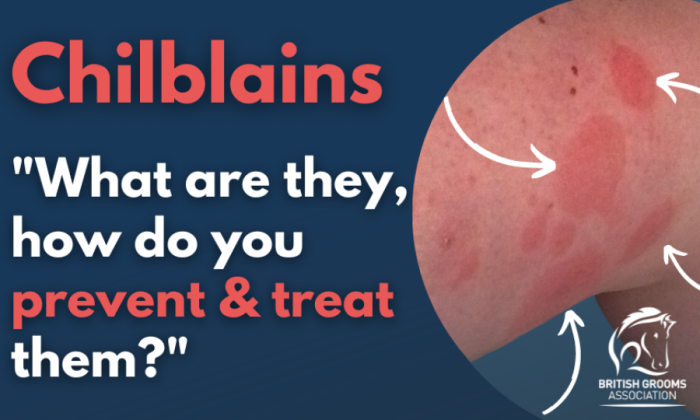
Are you high risk?
How to avoid getting chilblains
It’s impossible to guarantee you won’t get chilblains, but these tips will certainly help;
Chilblain treatment
Do NOT scratch! This will cause further damage to the skin.
Use calamine lotion or witch hazel to soothe the itching. Visit your GP if your symptoms are severe.
Keep the area warm and massaging the area will increase circulation.
The NHS advise that you can take paracetamol / ibuprofen if they are sore (always check with a pharmacist).
Wear thick socks to keep the body warm and allow the blood vessels to return to normal. When outside use gloves and a hat. Preventing body heat from escaping through the extremities will keep more body heat in and reduce the need for the blood vessels to shrink.
Warning!Why Join the BGA?
BLOG ARCHIVE
- 2026 (3 ENTRIES)
- 2025 (14 ENTRIES)
- 2024 (52 ENTRIES)
- 2023 (60 ENTRIES)
- 2022 (35 ENTRIES)
- 2021 (24 ENTRIES)
- 2020 (19 ENTRIES)
- 2019 (45 ENTRIES)
- 2018 (36 ENTRIES)
- 2017 (7 ENTRIES)
What the personal accident policy covers you for:
- Whilst at work
- All stable duties – mucking out, grooming, washing off, turning out
- Clipping
- Riding – including hacking and jumping
- Hunting
- Lunging
- Breaking in
- Holding horse for a vet and other procedures
- Travelling horses both in the UK and abroad
- Competing in line with your job including: jumping, dressage, eventing
- Injuries that may happen to you whilst you are teaching - but you must also be grooming as part of your duties and not be a sole instructor
What the personal accident policy doesn’t cover you for:
- Riding in a race, point to point or team chase
- Stunt Riding
- Accidents occurring whilst travelling to and from work
- Riding and competing your own horse (but you can upgrade when applying for membership to include this)
- Public Liability – this is a separate insurance policy - the Freelance Groom Liability Insurance
- Care Custody and Control – this is a separate policy - the Freelance Groom Liability Insurance
If you require additional cover then please contact KBIS directly.
| GROOM | RIDER | EMPLOYER | |
|
When you are working for other people you do most of the following; muck out, turn out/catch in, tack up, groom horses, exercise Horses (including hacking, jumping and schooling), in the care of your employer/client. |
|
|
|
| Predominantly ride horses for other people including schooling, exercising and competing. | NO |
YES |
YES |
| Provide grooming services for someone else either full time or on a freelance basis i.e. an employer or a client. | YES |
NO |
NO |
| Employ staff – have an employers liability policy in your name | NO | NO | YES |
| Buy and sell horses | NO | YES | YES |


